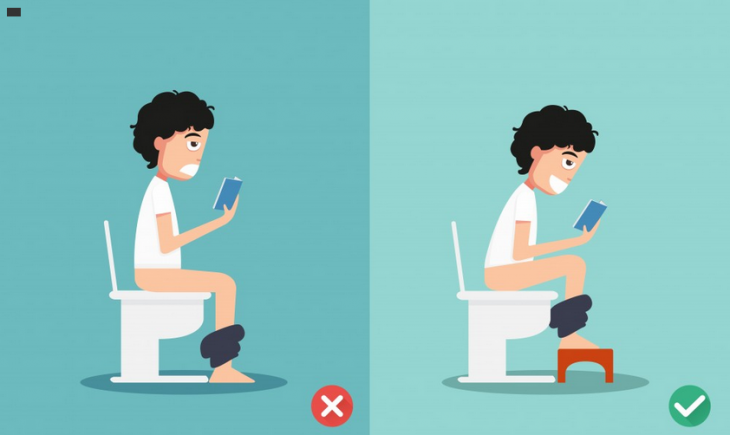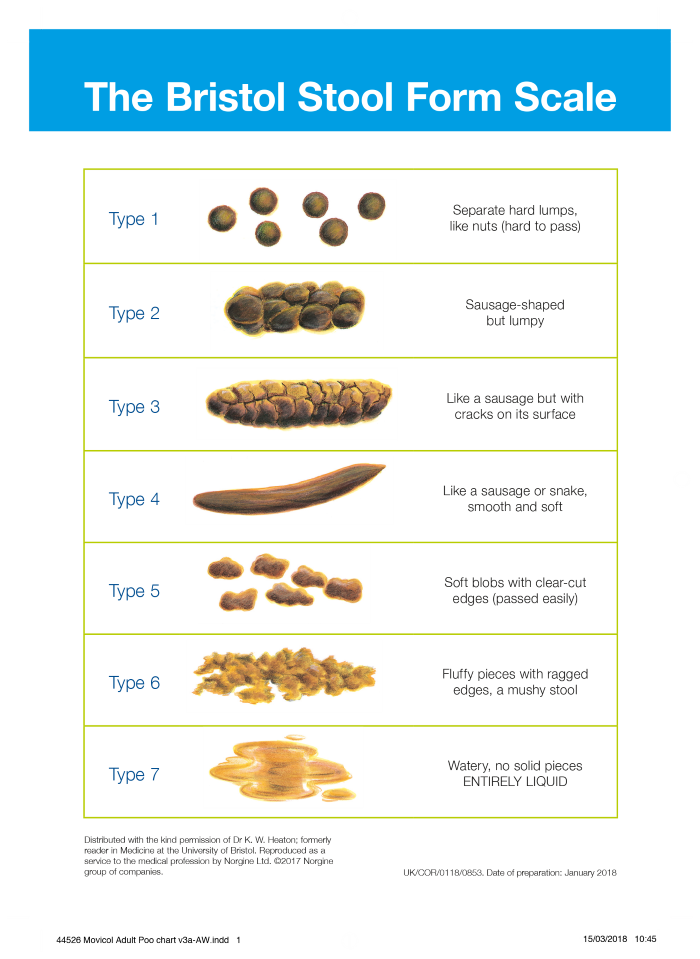How to have the perfect poo!
There’s not many things more satisfying than a really great bowel movement! Get it right and you’re skipping out of the door, on the other hand you can feel sluggish and under-par if your motion is on the slow side. Functional bowel dysfunction is a silent epidemic. Whether it be constipation, incomplete emptying, faecal leakage, escaping wind in the co-op queue, rectal prolapse, piles, pain from anal fissures (little cuts around the back passage), or a collection of these; it remains to be a very difficult topic to open up about even with loved ones.
Having a happy bowel that empties regularly (daily or at least 3 times a week) and a gut that absorbs all of the good stuff from our food is linked with better moods, energy, health and well being (check out the ‘gut-brain axis’). So its super important that we give ourselves a little TLC in this area.
So I’d like to share with you 3 little tips for trying to achieve the perfect poo;… so ‘Ready’….. ‘Aim’…. ‘FIRE…!’
1. Ready…
If you are rushing about never having a minute to think, or on a long car journey, sat for long periods or overly emotionally stressed, the gut cannot process food as well, and the stool might not be ideal. Our intestines need regular movement, plenty of fluid and fibre and to feel calm. Running from a Sabre-toothed tiger in ‘fight or flight’ mode is not the right time to open your bowels!! The gut likes routine also to move things along and be ready…
Try: – a regular daily walk, some gentle daily 10 min Hatha Yoga, some deep breath meditation, a warm soothing drink. Sit on the loo 30 minutes after eating and make the most of the ‘gastrocolic reflex’ (where eating stimulates the gut to want to empty). Being mindful….. paying attention to your body’s cues (hard to do when super busy, homeschooling, working) , if you miss out on the natural urge to go, your stool could be harder to pass next time. Answer that ‘call’..

(Photo credit: Evidently Cochrane)
2. Aim..
Our bodies are basically not meant to sit down to empty our bowels, we were meant to squat on the floor (think primates) this gives the best ‘exit angle’ for a stool to pass. Try: Using a stool under your feet have your knees higher than your hips or a ‘squat potty’. Relax with some deep breaths and allow your back passage to ‘let go’ or open up, give the bowels the best chance to do their work..
3. Fire..
As we know, it’s not always quick, theres no real ‘firing’ going on. Theres certainly downward movement but from where? Should you push? Everyone is different, but a ‘close-the-throat-grit-your-teeth-puff-out-your-cheeks-red-in-the-face’ manoeuvre is bad. It can leave you exhausted, and put a lot of pressure on the pelvic floor and other organs (making things like prolapse and piles worse).
Try: Gently bulging at the waist (as if you are pushing your belt away), rhythmically, make a noise, ‘Shhhhhhh’, or ‘idchhhhhhh’ or a long slow growl or grunt (back to primates again!). Noises in low octaves activate the lower tummy/diaphragm and help move things down… Never continually strain, and keep the throat slightly open. Take time to allow to be fully empty.
Know Your Poo.. And finally, it’s good to always be aware of your stool and what they look like. The Bristol Stool Chart is the best point of reference and one we use most often in clinic.

The best type of stool to aim for is Type 4, the consistency of a banana. This indicates enough fibre and fluid and a good transit time. You may fluctuate from time to time, with diet and circumstance.
When it’s not working properly..
Get some help, Pelvic Health Physiotherapy can help retrain the muscles to relax properly or strengthen, get into better positions and talk through all the above points to get you feeling like your skipping out of the door again!
Alert Point!– If you notice new persistent changes in your stool, blood in the stool or toilet, or you start to experience new difficulty or pain passing a stool that persists, always speak to a GP/healthcare professional.
If you would like a confidential chat about whether pelvic physiotherapy can help your bowel condition, please call Physio & Therapies on 01706 819464 to arrange your free telephone consultation with Katy Winters (Specialist Physiotherapist in Pelvic Health).
Written by Katy Winters BSc (Hons) Physiotherapy MCSP, HCPC Registered.

